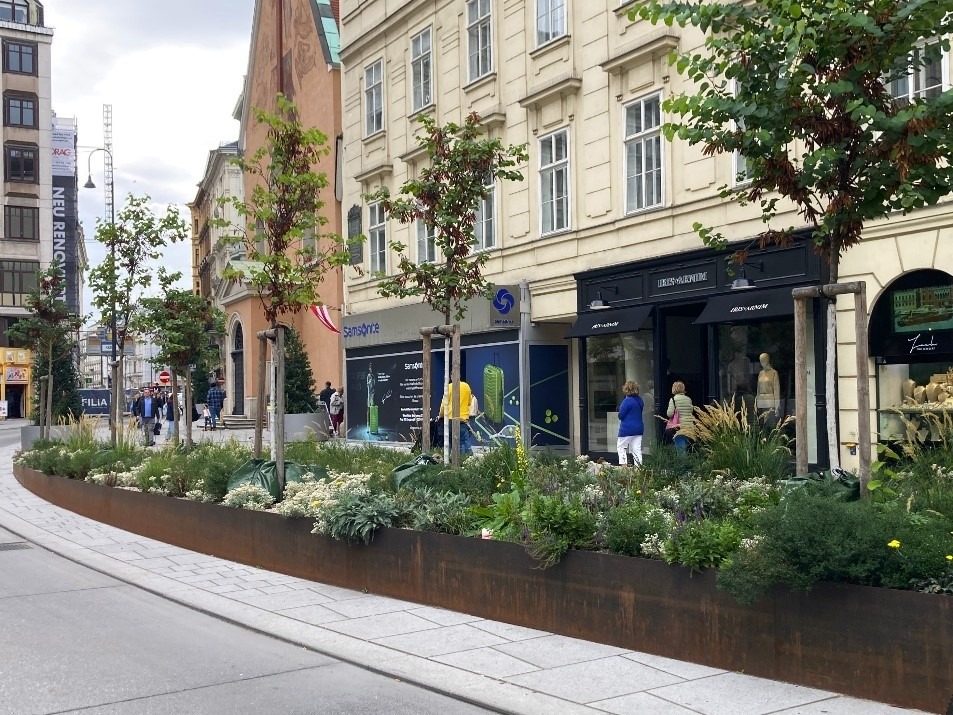With UPSURGE implementing a variety of NBS in pilot cities, understanding residents’ preferences and interest in participating in the NBS design processes is an important piece to the puzzle. Only when taking residents into account, will NBS contribute to long-term and well accepted urban sustainability strategies.
The University of Natural Resources and Life Sciences, Vienna (BOKU) conducted a survey in six European countries to investigate preferences and trade-offs regarding NBS residents are willing to make. For instance, are residents willing to give up parking spaces and walk further for greener neighborhoods? Or, how much would they be willing to pay for the upkeep of these green spaces?
The survey was distributed via a panel across six European countries to ensure comparability. This approach provided the opportunity to discuss transferability of the results across the project. The final data consisted of six representative samples, each containing roughly 1,000 respondents from Hungary, the Netherlands, Poland, Slovenia, the United Kingdom and Greece. The initial analysis of the survey results has shown: Across all countries, residents want to live close to green areas and are especially interested in street greening initiatives. The results for Poland, Slovenia and the UK showed higher interest among citizens in participating in designing NBS.

However, these generalizations cannot be taken at face value: citizens within one country do not have homogenous preferences. Hence, the samples in each country must be investigated in more detail, so that groups with similar patterns of responses, so called latent classes, can be identified. Latent class analysis has shown that there are many factors which influence decision making: Not all population groups are interested in street greening and some are more willing (or able) to pay than others, depending on the NBS achievements.
Stay tuned for more detailed survey results as we progress in our analysis!

